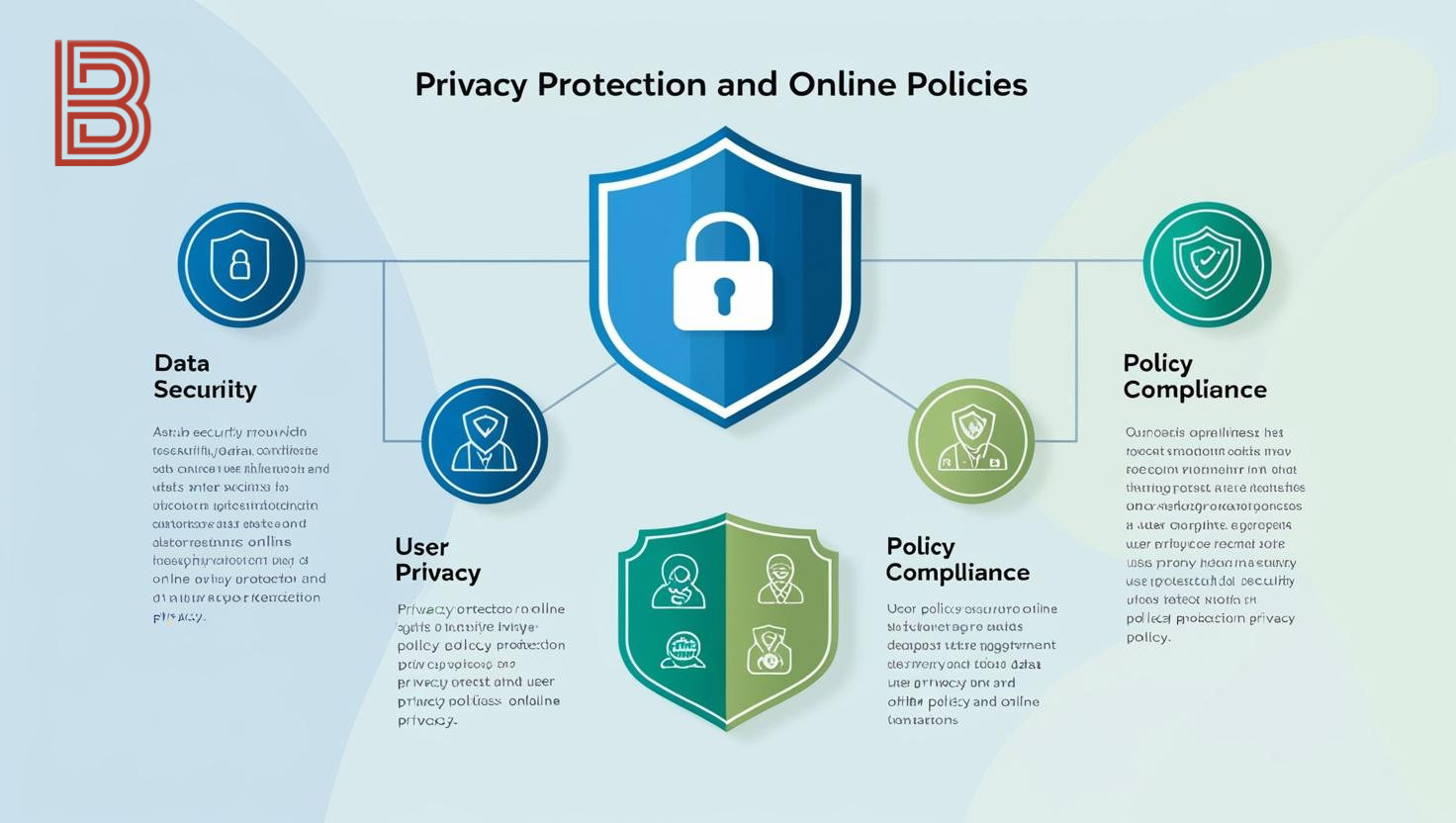
Introduction
In the digital age, privacy protection and online policies have become central concerns in risk management. Organizations and individuals alike must navigate complex regulatory landscapes, technological advancements, and evolving threats. Effective risk management strategies ensure that sensitive information remains secure while complying with various legal frameworks.
This document explores the importance of privacy protection, the role of online policies in risk management, key regulations governing data privacy, best practices, and challenges faced by organizations in implementing effective privacy measures.
Understanding Privacy Protection
Definition and Importance
Privacy protection refers to the measures and policies put in place to safeguard individuals’ personal information from unauthorized access, misuse, or breaches. With the exponential growth of online activities, businesses, governments, and individuals generate vast amounts of data, making privacy protection more critical than ever.
Key reasons why privacy protection is essential include:
Compliance with regulations: Laws such as GDPR, CCPA, and HIPAA mandate strict data protection measures.
Consumer trust: Users are more likely to engage with organizations that prioritize their privacy.
Preventing data breaches: Cyberattacks and data leaks can lead to financial losses and reputational damage.
Safeguarding personal rights: Protecting privacy ensures individual freedoms and prevents misuse of personal data.
Types of Data Protected
Privacy protection encompasses various types of data, including:
Personally Identifiable Information (PII): Names, addresses, social security numbers.
Financial Information: Credit card details, banking information.
Health Records: Protected under laws like HIPAA.
Online Activity Data: Browsing history, IP addresses, cookies.
Online Policies in Risk Management
The Role of Online Policies
Online policies serve as frameworks that define how organizations handle data, security, and user interactions. These policies are crucial in risk management as they:
Establish clear guidelines for data collection, usage, and storage.
Define access controls and security measures.
Ensure compliance with legal and ethical standards.
Mitigate risks related to cyber threats and data breaches.
Key Online Policies
Privacy Policy
Outlines how personal data is collected, used, and shared.
Communicates transparency to users regarding data practices.
Required by laws like GDPR and CCPA.
Data Protection Policy
Details security measures for handling and storing data.
Includes access controls, encryption practices, and incident response plans.
Acceptable Use Policy (AUP)
Governs how employees and users can access and use an organization’s systems.
Prevents misuse of company resources.
Cybersecurity Policy
Defines security protocols, including firewalls, anti-malware software, and network security measures.
Provides guidelines for incident response and recovery.
Terms of Service (ToS)
Legal agreement between service providers and users.
Outlines user responsibilities, prohibited activities, and dispute resolution mechanisms.
Regulatory Frameworks Governing Privacy Protection
General Data Protection Regulation (GDPR)
GDPR is a European Union regulation that governs data privacy and protection. Key principles include:
Lawfulness, fairness, and transparency: Organizations must process data transparently and lawfully.
Purpose limitation: Data should be collected for specified, legitimate purposes.
Data minimization: Only necessary data should be processed.
Security and accountability: Organizations must ensure data security and document compliance.
User rights: Includes rights to access, rectify, erase, and port data.
California Consumer Privacy Act (CCPA)
CCPA enhances privacy rights for California residents by:
Giving consumers the right to know what data is collected.
Allowing users to opt out of data selling.
Requiring businesses to delete personal data upon request.
Health Insurance Portability and Accountability Act (HIPAA)
HIPAA protects medical records and health information by:
Regulating how healthcare providers handle patient data.
Enforcing penalties for non-compliance.
Other Notable Regulations
Personal Data Protection Act (PDPA): Governs data protection in countries like Singapore.
Children’s Online Privacy Protection Act (COPPA): Protects minors’ data in the U.S.
Brazil’s General Data Protection Law (LGPD): Similar to GDPR but specific to Brazil.
Best Practices for Privacy Protection and Online Policies
Implementing Strong Security Measures
Encryption: Protects data in transit and at rest.
Multi-Factor Authentication (MFA): Enhances access security.
Regular Security Audits: Identifies vulnerabilities.
Employee Training: Ensures staff understands data protection policies.
Developing a Comprehensive Privacy Policy
Clearly outline data collection, storage, and sharing practices.
Update policies to reflect regulatory changes.
Ensure policies are easily accessible to users.
Conducting Risk Assessments
Identify potential threats to data security.
Evaluate risks associated with third-party vendors.
Implement mitigation strategies.
Strengthening Access Controls
Limit data access based on job roles.
Use identity verification systems.
Regularly review access permissions.
Incident Response and Breach Management
Establish a clear incident response plan.
Notify affected parties promptly.
Document breaches and take corrective actions.
Challenges in Privacy Protection and Online Policies
Compliance Complexity
Adhering to multiple international regulations is challenging.
Keeping up with evolving privacy laws requires continuous updates.
Cybersecurity Threats
Phishing attacks, ransomware, and insider threats pose risks.
Organizations must constantly adapt to new threats.
Balancing User Privacy and Business Needs
Companies rely on data for marketing and personalization.
Ensuring privacy without hindering business growth is a challenge.
Third-Party Risks
Vendors and partners handling data can introduce vulnerabilities.
Conducting thorough security assessments is crucial.
Summary
Privacy protection and online policies are essential components of risk management in the digital world. Organizations must adopt robust privacy measures, comply with regulatory requirements, and implement strong security policies to mitigate risks. By prioritizing privacy, businesses can enhance consumer trust, protect sensitive information, and minimize legal and financial risks.
As privacy regulations evolve and cyber threats become more sophisticated, continuous improvements in online policies and security strategies will be necessary to stay ahead in the ever-changing digital landscape.




















